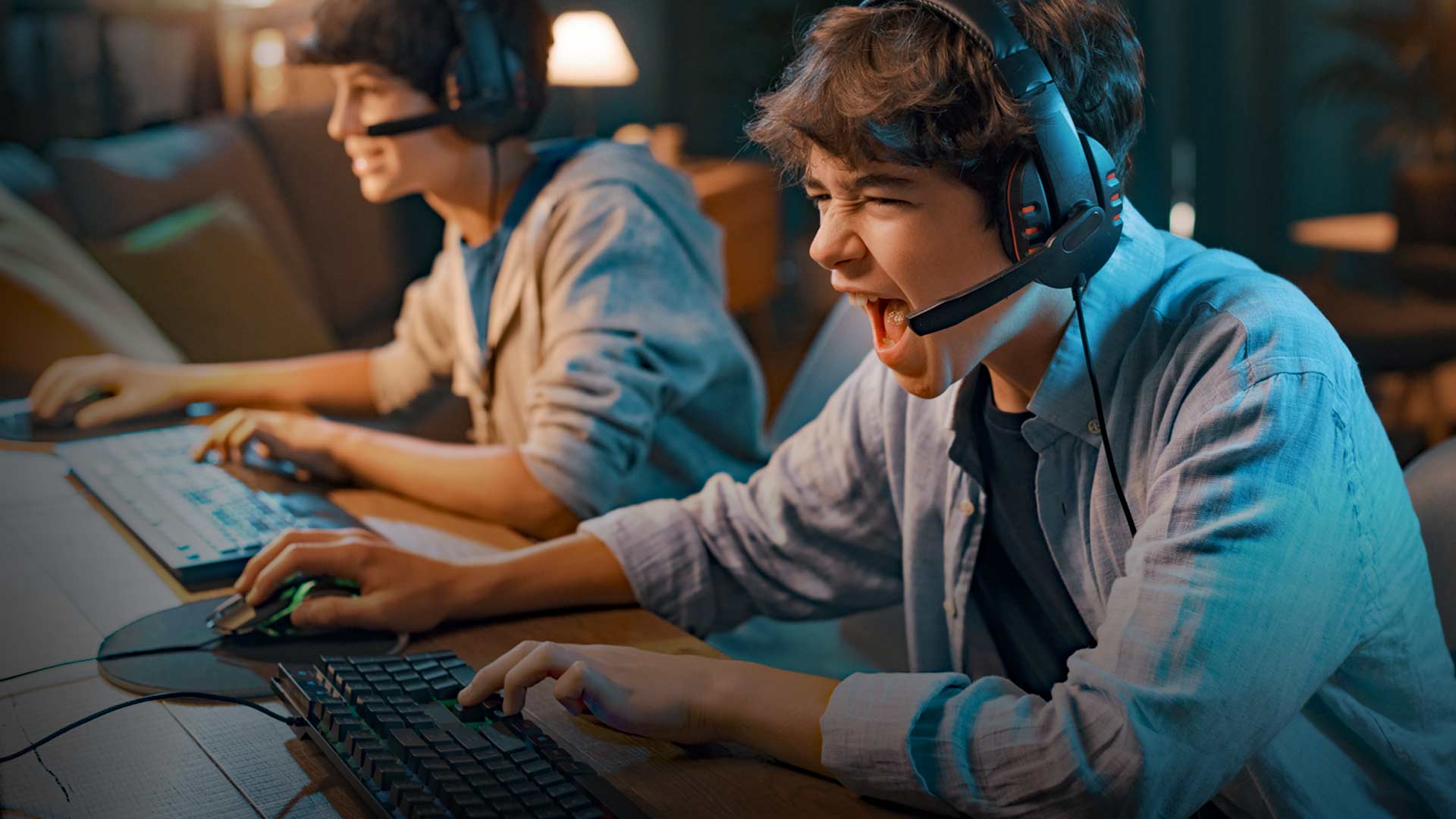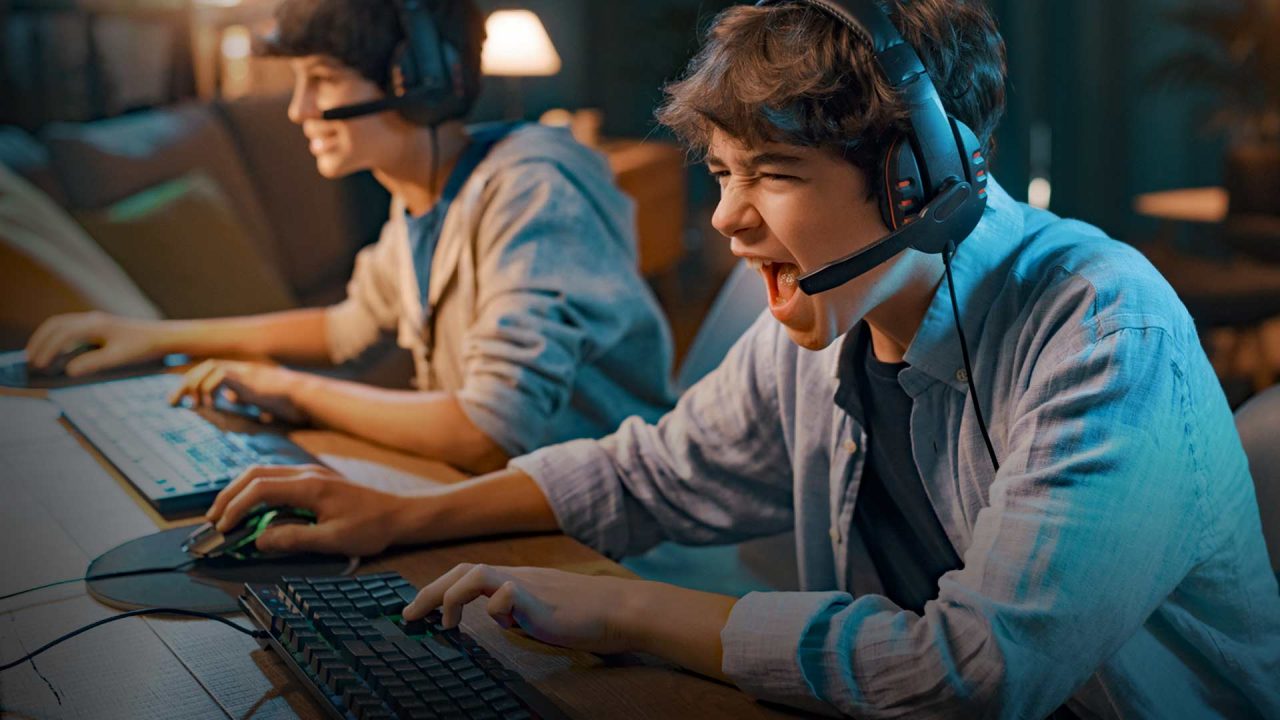
Allowing students to skip school when they feel the need for a mental health holiday is an emerging trend across a number of states throughout the country.
The idea is to let kids forgo schooling in order to rest and recreate if they feel stressed out, anxious or mentally tired.
This idea caught the attention of the Anchorage School District’s Student Advisory Board, which gives middle and high school students a way to petition school board members on various issues. The youth are now working on a proposal that would give area students the option of taking mental health holidays when they feel out of sorts.
Comprised of youth from various schools throughout Anchorage, the student board meets monthly with adult advisers who coordinate and oversee the gatherings. Once students pass a resolution, they forward it to the school board for consideration.
The mental health holiday idea surfaced at the Dec. 5 school board meeting when Student Advisory Member Ellie Shaw announced that the Student Advisory Board held a meeting on Nov. 13 in which it worked on a resolution titled, “Implementing a mental health day policy in ASD.”
Shaw didn’t go into the details of the proposed policy, but said there was “much discussion” on the topic, which will be taken up at the next student meeting – set for January.
“If a week of vacation does little for adults, how would a day left home alone to ruminate precipitate any meaningful change in a child’s mental state?”
According to the Child Mind Institute, a nonprofit specializing in kids’ mental health, a mental health holiday can be used however students and parents deem appropriate.
Allowable reasons for taking a holiday might include relationship struggles, performance pressure, family trauma or any number of existing “mental health conditions.”
In 2018, Utah became one of the first states to approve mental health holidays. About a dozen states have followed suit as school districts increasingly emphasize mental health in curriculum, activities and official policies.
This is seen as a positive development according to the National Alliance on Mental Illness (NAMI), which supports mental health holidays for all students.
“Some students may not necessarily have a mental health condition but are having a challenging day or week where their mental health is suffering,” the organization’s website states. “Taking a sick day to manage one’s mental health shouldn’t be rare — it should be encouraged, without fear of stigma or discrimination.”
But mental health holidays are not without critics.
Writing in the National Review, Daniel Buck noted that there is little evidence mental health holidays provide any long-term benefits.
“Districts propose wellness days, ignore the causes of a ‘mental-health crisis’ among teenagers, and call it a solution.”
He observed that extended vacations for adults provide some benefit for an employee’s state of mind, but surveys find that these benefits are short lived.
“A trip to a beach might be enjoyable but does little when an employee returns to the humdrum of life,” Buck observed. “If a week of vacation does little for adults, how would a day left home alone to ruminate precipitate any meaningful change in a child’s mental state?”
Buck also cautioned against pathologizing “normal stressors and anxieties of day-to-day life.”
“If anything, as continuing a limp to avoid pain might cause more holistic bodily harm in the long run, ‘mental-health days’ could alleviate immediate distress but facilitate habits that only worsen anxiety and depression in the long run,” he said.
Jonathan Haidt and Greg Lukainoff, authors of “The Coddling of the American Mind,” had similar warnings, Buck noted
“If you want to help someone with an anxiety or fear, avoidance will only worsen the problem,” he noted. They use an elevator phobia as an example. If you want such a person to maintain their fear for life, keep them away from elevators. If you want them to conquer that fear, expose them to it until they develop resilience.”
ALASKA WATCHMAN DIRECT TO YOUR INBOX
Buck’s article suggested that the answer to mental stress will only be found in addressing the root causes, and by helping students form beneficial personal disciplines.
He also raised concerns about the harmful mental effects of social media addiction among youth, as detailed in 2017 The Atlantic article by Julia Twenge.
“In place of a Band-Aid such as mental-health days, what if adults took cellphone and social-media addictions seriously?,” Buck argued. “Districts propose wellness days, ignore the causes of a ‘mental-health crisis’ among teenagers, and call it a solution.”
Buck ends his article by challenging schools to impart “habits of virtue,” which will enable them to face life’s inevitable difficulties.
“And these would include habits of emotional awareness such as regular reflection, discussions with loved ones, or planned, appropriately timed days of rest,” he concluded.








23 Comments
Homeschool your kids and they can afford to do this and still excel. If in a traditional academic setting, it’s probably not such a good idea, especially since public education is so poor to begin with. Then again, students could take a day off from the brainwashing and social conditioning, not to mention having to apologize to the Indians for being on their land.
Are you saying you feel no remorse for the civilization we slaughtered to create our own? The women and children we raped and kidnapped? Lack of empathy is a sign of sociopathy. We may have discovered why you also feel no remorse for the lgbt kids that kill themselves because YOU tell them they are broken perverts and child molesters.
You accuse Steve Peterson of telling LGBT kids they are broken perverts and child molesters. Have you heard him say that? Can you prove that? Are you going to accuse Steve of mistreating slaves next? But he didn’t mistreat any slaves in America, unless your talking about the people the Mexican cartels smuggle across the border. Because aside from the cartels no one in America has slaves. Incase you hadn’t heard that ended sometime ago. So long ago that all the slaves and their owners are long dead. BTW you do realize that in addition to there being black slaves there were also Native American slaves and even white slaves. You don’t hear too much about the white slaves because they were mainly children 6-8 years old who were sold by their parents in Europe and brought here to work in mines. They all died within 2-3 years and were buried in pits in the Carolinas with the shetland ponies they worked beside. But adult white slaves were not unheard of. Maybe if Steve is white and Steve is descended from one of those slaves you should apologize to him and probably send him some money. And unless Steve is incredibly old I seriously doubt he was galloping about on horseback raping and pillaging and genociding any of the pre-Columbus Americans. As the a descendent of those Americans I think it’s past time to let bygones be bygones. I’m pretty happy I don’t need to live in a tent on the plains and spend all winter picking up bison poop for heat. Thanks to all those white people I have a ‘magic’ dial on the wall that makes heat for me. Although I have my great grandmothers rocks she had to use for grinding to make bread I have never used them. I go to the store and buy bread and food and come home and heat stuff in my microwave. It’s a easy life I have and I owe it all to white people. Thank you white people and you can stuff it Bleach2DisinfectU- you have an easy life too and should stop the unforgiveness nonsense.
You continue to use the term “we”.. I had absolutely nothing to do with the actions of past generations. Are you saying that you are “responsible” for the actions of your neighbor?.. If you want to go down that road, lets have you speak to the peoples we refer to as Native Americans. Their ancestors crossed the ice bridge, (the Beringia Bridge) centuries ago, and from Alaska, migrated down to the areas we refer to as the “Lower 48”.. The so called education establishment doesn’t like to include the fact that the Paleo-Indians were not the first inhabitants, and in many instances, displaced other tribes that inhabited these lands prior to their arrival. When I say “displaced,” I refer to the fact that the Native American ancestors forced the previous inhabitants out of their homelands by what ever means necessary. The Anacazi Chacoan culture indicates links to prehistoric European cultures. But, others arrived on the East coast, and some had similar historical accounts. So, to say that my DNA showing my Cherokee lineage makes me responsible for what happened centuries ago is a little bit stupid. Also, it is the family’s entire responsibility to “raise” their children. Not the schools, the government, or their neighbors. I recommend that some may need to put that bottle of “Bleach” down. It disinfects the neurons, causing debilitating cerebral disruption of the neurotransmitters. They eventually wind up wanting to blame others for their liberal infections.
On the other hand they could be speaking Russian or Chinese. It’s important to remember: the people who “we” raped & murdered also raped, murdered and kidnapped/enslaved members of other tribes. Keep some perspective and KNOW U.S. HISTORY.
No, kids should not have a mental health day. Do the kids need a mental break? Get them away from the computers and away from all of these social agendas. Get them busy with their hands doing woodworking, art class, sewing, cooking classes, metal shop, auto shop, more physical activities like mandatory PE classes for everyone, and so on.
Its teens as Ellie Shaw needs a a real job working at mc’d’s, it hires as young as 15. The real world experience will put away her childish ideas.
Conservatives hate kids and really hate taking care of mental health so I’m not surprised you think this way
If you could stop “bending over” for a few minutes,, you may be able to see more clearly.. It’s the liberal ideologies making the major impacts on children’s mental stability. It’s the liberals that “hate kids”..
Bendover, conservatives are working to save children from sex trafficking, mind manipulation, body mutilation, and losing their innocence that God Almighty has blessed them with. Children belong to Our Heavenly Father and are a gift to a man and his wife. It is each couple’s responsibility to teach their children and to raise them up in God Almighty’s Word and according to his wishes.
Tell me how it works out for you calling in to work for a mental health day. If kids can’t handle the stress of school how are the going t handle real life as an adult.
Its teens as Ellie Shaw needs a a real job working at mc’d’s, it hires as young as 15. The real world experience will put away her childish ideas
Should Anchorage students get to skip school for ‘mental health’ holidays? (alaskawatchman.com)
—-“Taking a sick day to manage one’s mental health shouldn’t be rare — it should be encouraged, without fear of stigma or discrimination.”
You have it upon the crux of the matter: We are trained to view mental health issues with a “stigma”. We compound that with discrimination. It shows in our language it shows in our actions.
Harold A Maio, retired mental health editor
What’s your favorite businesses you patronage? Both you and ben dozer are stuupid not to see future incsreased consequences- on our workforce- to make quitting too easy. Maybe sporadic ‘mental health’ holidays won’t impact government work, their workers produce nothing.
The spirit behind this will
only make finding people who want to work more difficult.
I pray you weren’t “educating or counseling” children.
I sure wish they had had “mental health” days when I was in school, especially on test days! Keep mollycoddling kids and they won’t be able to handle anything as an adult. Thanks Education Industry
I got an idea, why don’t we hand out diplomas on the first day of school and tell the kid they can come to school only if they feel inspired. Maybe serving cuisine lunches will attract them to show up, or near-beer at lunch. We could even let them design their own curriculum. They could come dressed however provocative they chose, even bare footed. What a wonder society we would become, if only we’d let the kids call all shots.
We have created a generation of soft, weak, overly sensitive, easily offended, pansies that are largely devoid of a work ethic and are grossly uneducated in the areas of math, basic science, geography, and history. This does not bode well for the future of the country.
Hard Times are coming.
Seems like a great idea to me. Most of the people reading this forum are old enough that we grew up taking mental health days when we needed them. We all saw Ferris Beuler and we knew how to pretend to be sick to get a day off when we felt overwhelmed. Every grown adult I know needs a mental heath day sometimes. But because of the stigma/judgment, we all learned how to call our bosses with ‘sick voice’ and add in some extra coughing for effect. Don’t act like you haven’t done it.
These guys trying to claim vacations don’t help people are idiots. The ‘research’ they cite does not consider a ton of relevant factors. For youths, most of the times, their biggest problems tend to be short-lived. The next week they forget about it and move on. But if a kid is in such bad shape that they need to pretend to be sick or to intentionally hurt themself to get time off, then it would be way better if they could just ask for some time without being judged or treated like a broken freak. At their age, extended periods of stress are incredibly damaging to their development and brain chemistry. The line between tough love and abuse is fuzzier than people like to pretend. Forcing kids into traumatic events causes the kinds of scars that lead to mental problems later in life. Long term exposure to stress hormones while the brain is still developing causes permanent damage.
wow.
That’s weak. You are setting up youth to have excuses for their lack of ability to compete in a competitive society.
Mental Health Day? Are you kidding? No wonder the average reader and math students are failing. Look at the enterprising teachers we have just to suggest the kids should have a mental health day. The kids in this state have been failing those important subjects for thirty years. The teachers have retired and moved on and left the skillset of their careers behind with no ability to pass tests to be accepted in colleges and vocation schools. They may have gone to other jobs in the state or working in another capacity in the state just as Dunleavy is. These kids and families can’t get away from the destruction of teachers that can’t teach but the kids coming on in school should have the protection away from the poor judgment and teaching that affected their parents. Mental health day? Give those thoughts a break.
REMEMBER…PARENTS are a child’s FIRST teacher…it starts at home!!
Cheech and Chong had a skit called “Ear Ache My Eye!” The kid didn’t want to go to school. Looks like Anchorage schools will be institutionalizing “Ear Ache My Eye!”